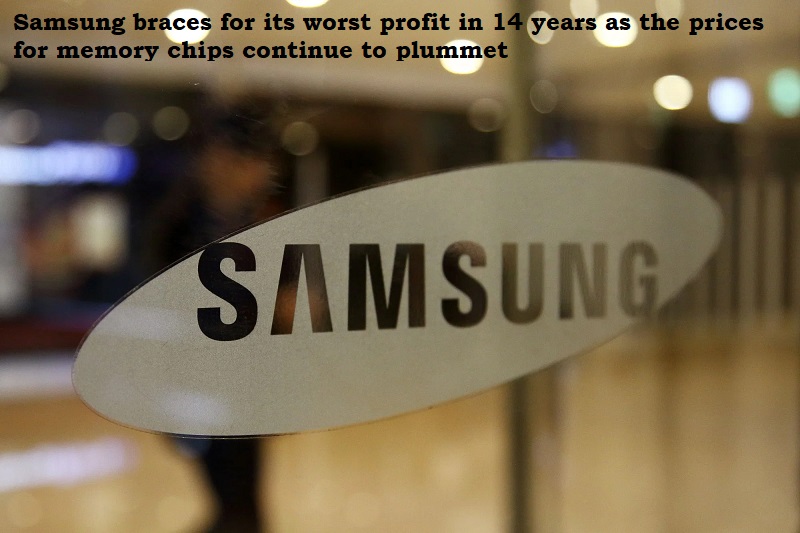
Samsung, a prominent global technology company, is preparing for its lowest profit in 14 years due to declining prices of memory chips, which is its main business, and weak demand. In the first quarter of this year, the South Korean company estimated its operating profit to be 600 billion Korean won ($449 million), which is its lowest since the first quarter of 2009. The consumer electronics market’s downturn has caused a 29% YoY decline in PC shipments, leading to a drop in memory chip prices in the past few months, along with high inventories and lackluster demand. CrispIdea’s recent research note cited by CNBC noted that the memory market is currently facing one of the worst slumps in decades, despite the growth in the electric vehicle segment.
The COVID-19 pandemic resulted in a surge in demand for consumer electronics as people stayed at home and relied on technology for work and entertainment. Electronics companies, including Samsung, stocked up on memory chips to meet the demand. However, the current market scenario is very different, with buyers cutting back on purchases due to inflation and broader macroeconomic concerns. This has resulted in a glut of memory chips in the market.
Analysts at Mirae Asset Securities estimate that Samsung’s chip division could incur a loss of 4.4 trillion Korean won in the first quarter alone. To address the weakening demand, Samsung has announced a cut in memory chip production to a “meaningful level” this month, reversing its earlier stance of maintaining output levels. SK Hynix and Micron have also reduced production to cope with the situation.
Samsung, a key player in the global technology industry, is facing significant challenges in the memory chip market due to the rapidly changing economic landscape. Its ability to adapt to the evolving market dynamics and navigate through these challenging times will be closely watched by investors and industry experts as it seeks to regain profitability and market share in the highly competitive industry.

Post Your Comments